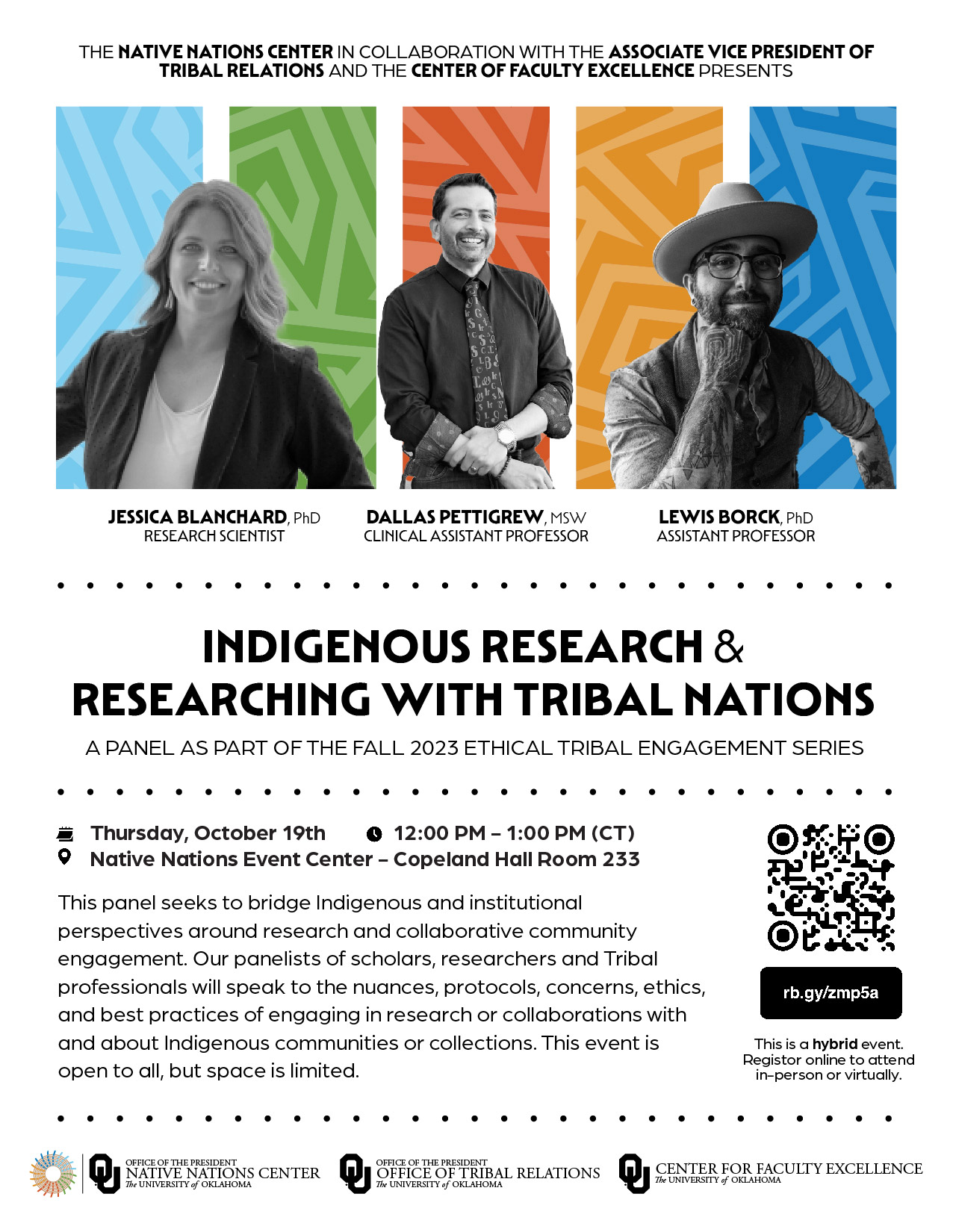
Beyond Extraction: The Imperative of Ethical Engagement with Tribal Communities
In an increasingly interconnected world, the intricate tapestry of human cultures faces both unprecedented opportunities and profound threats. At the heart of this dynamic lies the critical relationship between dominant societies and the world’s tribal and indigenous communities. From the Amazon rainforest to the Arctic Circle, these communities hold invaluable knowledge, unique cultural practices, and often serve as the last custodians of Earth’s most biodiverse regions. Yet, their histories are frequently scarred by exploitation, marginalization, and the erosion of their sovereignty.
Ethical engagement with tribal communities is no longer merely an academic concept or a philanthropic endeavor; it is a fundamental imperative for sustainable development, genuine cultural exchange, and global justice. It demands a radical shift from historical paradigms of extraction and paternalism towards one of respect, reciprocity, and self-determination. This article delves into the complexities of ethical engagement, exploring its foundational principles, the challenges it faces, and the pathways toward more just and equitable partnerships.
A Legacy of Dispossession: The Historical Context
To understand the necessity of ethical engagement, one must first acknowledge the profound historical injustices that have shaped the relationship between tribal communities and external forces. Colonialism, resource extraction, and the imposition of foreign governance systems have systematically dispossessed indigenous peoples of their lands, resources, and cultural identities. Treaties were broken, sacred sites desecrated, and traditional economies dismantled.
This legacy manifests today in persistent socio-economic disparities, health crises, and the ongoing struggle for land rights and cultural preservation. "The history of our people is a history of survival against immense odds," states a Mohawk elder, underscoring the resilience but also the enduring pain. This backdrop necessitates that any contemporary engagement begins with an understanding of power imbalances and a commitment to restorative justice, not just transactional interactions.

Pillars of Ethical Engagement
Ethical engagement is built upon several non-negotiable pillars:
-
Recognition of Sovereignty and Self-Determination: At its core, ethical engagement respects the right of tribal communities to govern themselves, manage their lands and resources, and make decisions that affect their lives according to their own cultural values and legal systems. This is enshrined in the United Nations Declaration on the Rights of Indigenous Peoples (UNDRIP), which asserts that "Indigenous peoples have the right to self-determination. By virtue of that right they freely determine their political status and freely pursue their economic, social and cultural development." Any project, research, or initiative must align with the community’s own vision for its future.
-
Free, Prior, and Informed Consent (FPIC): Perhaps the most critical principle, FPIC mandates that tribal communities have the right to give or withhold consent for any project that affects their lands, territories, or resources. This consent must be:
- Free: Given voluntarily, without coercion, manipulation, or intimidation.
- Prior: Sought sufficiently in advance of any authorization or commencement of activities.
- Informed: Based on a full understanding of the nature, scope, potential impacts (positive and negative), and alternatives of the proposed activity, presented in an accessible and culturally appropriate manner.
As Victoria Tauli-Corpuz, former UN Special Rapporteur on the Rights of Indigenous Peoples, once articulated, "FPIC is not just about saying ‘yes’ or ‘no’; it’s about a process of dialogue, negotiation, and mutual respect, where indigenous peoples are equal partners in decision-making." The absence of genuine FPIC has led to devastating conflicts, such as those surrounding the Dakota Access Pipeline at Standing Rock or numerous mining projects in the Amazon, where indigenous voices were ignored, leading to environmental degradation and social unrest.
-
Cultural Sensitivity and Respect: Engagement must acknowledge and respect the profound diversity of indigenous cultures, languages, spiritual beliefs, and knowledge systems. This means avoiding ethnocentric biases, recognizing traditional ecological knowledge (TEK) as a valid and valuable science, and understanding that what constitutes "development" or "progress" may differ significantly from Western perspectives. It involves active listening, humility, and a willingness to learn.
-
Reciprocity and Benefit Sharing: Engagement should not be a one-way street where external actors extract resources, data, or experiences without equitable returns. Reciprocity means that benefits, whether financial, educational, technological, or capacity-building, flow back to the community in a form they deem valuable. This could involve joint ventures, employment opportunities, intellectual property rights, or the sharing of scientific findings in a comprehensible way.
-
Long-Term Commitment and Trust-Building: Trust, once broken, is exceedingly difficult to rebuild. Ethical engagement requires a long-term perspective, moving beyond short-term project cycles to foster genuine, enduring relationships. This involves consistent communication, transparency, and a willingness to adapt plans based on ongoing community feedback.
Areas of Engagement and Their Ethical Minefields
Ethical challenges manifest differently across various sectors of engagement:
- Resource Extraction (Mining, Logging, Oil & Gas): This is often the most contentious area. The allure of economic development can be pitted against environmental destruction, cultural heritage, and the displacement of communities. Ethical engagement here demands robust FPIC processes, stringent environmental protections, independent impact assessments, and equitable revenue-sharing agreements that genuinely empower communities.
- Scientific Research (Anthropology, Genetics, Medicine, Ecology): Historically, indigenous communities have been "researched upon" rather than "researched with." Ethical research necessitates community-led research agendas, data sovereignty (where communities control their own data), co-authorship, and the return of research findings in useful formats. The "Havasupai case," where blood samples collected for diabetes research were later used for studies on schizophrenia and inbreeding without consent, stands as a stark reminder of research ethics gone awry.
- Tourism: While offering economic opportunities, tourism can commodify culture, disrupt daily life, and exacerbate inequalities. Ethical tourism prioritizes community ownership and management, ensures fair wages, respects sacred sites and cultural protocols, and offers authentic, enriching experiences for both visitors and hosts.
- Conservation and Development Projects: "Fortress conservation," which excludes indigenous peoples from their traditional lands for the sake of biodiversity, has often been deeply unethical. Modern ethical approaches involve indigenous-led conservation initiatives, such as Indigenous Protected and Conserved Areas (IPCAs), which recognize that indigenous peoples are often the most effective stewards of their environments. Development projects must be needs-driven by the community, not imposed from outside.
- Government and NGO Partnerships: These collaborations can be powerful drivers of positive change, but they must guard against paternalism, bureaucratic hurdles, and the imposition of external agendas. Partnerships should build local capacity, strengthen indigenous institutions, and empower communities to lead their own development pathways.
Challenges and Moving Forward
Despite growing awareness, ethical engagement remains challenging. Power imbalances are inherent, cultural differences can lead to miscommunication, and the temptation for "ethical washing" – where superficial gestures mask continued exploitation – persists. Furthermore, internal divisions within tribal communities can complicate decision-making, requiring external actors to navigate complex political landscapes with sensitivity.
Moving forward requires systemic change:
- Strengthening Legal Frameworks: Implementing and enforcing UNDRIP at national levels, alongside robust national laws that protect indigenous rights, is crucial.
- Education and Awareness: Educating external actors – governments, corporations, researchers, tourists – about indigenous rights, cultures, and the principles of ethical engagement.
- Capacity Building: Investing in indigenous-led institutions, governance structures, and technical skills to empower communities to negotiate effectively and manage their own projects.
- Financial Investment: Direct, flexible funding to indigenous organizations and initiatives, rather than through intermediaries, respects self-determination.
- Accountability: Establishing clear mechanisms for grievance redress and holding external actors accountable for ethical breaches.
As the global community grapples with issues ranging from climate change to biodiversity loss, the wisdom and resilience of tribal communities offer invaluable lessons. Their traditional ecological knowledge, sustainable practices, and profound connection to the land are not just cultural assets but essential contributions to global solutions.
Ethical engagement is not simply about doing less harm; it is about actively building respectful, equitable, and mutually beneficial partnerships. It is an acknowledgment that true progress lies not in the assimilation or exploitation of diverse cultures, but in their flourishing, their sovereignty, and their empowered participation in shaping a more just and sustainable future for all. The journey is long and complex, but the destination—a world where respect for indigenous rights and cultures is universal—is an imperative we can no longer afford to defer.


